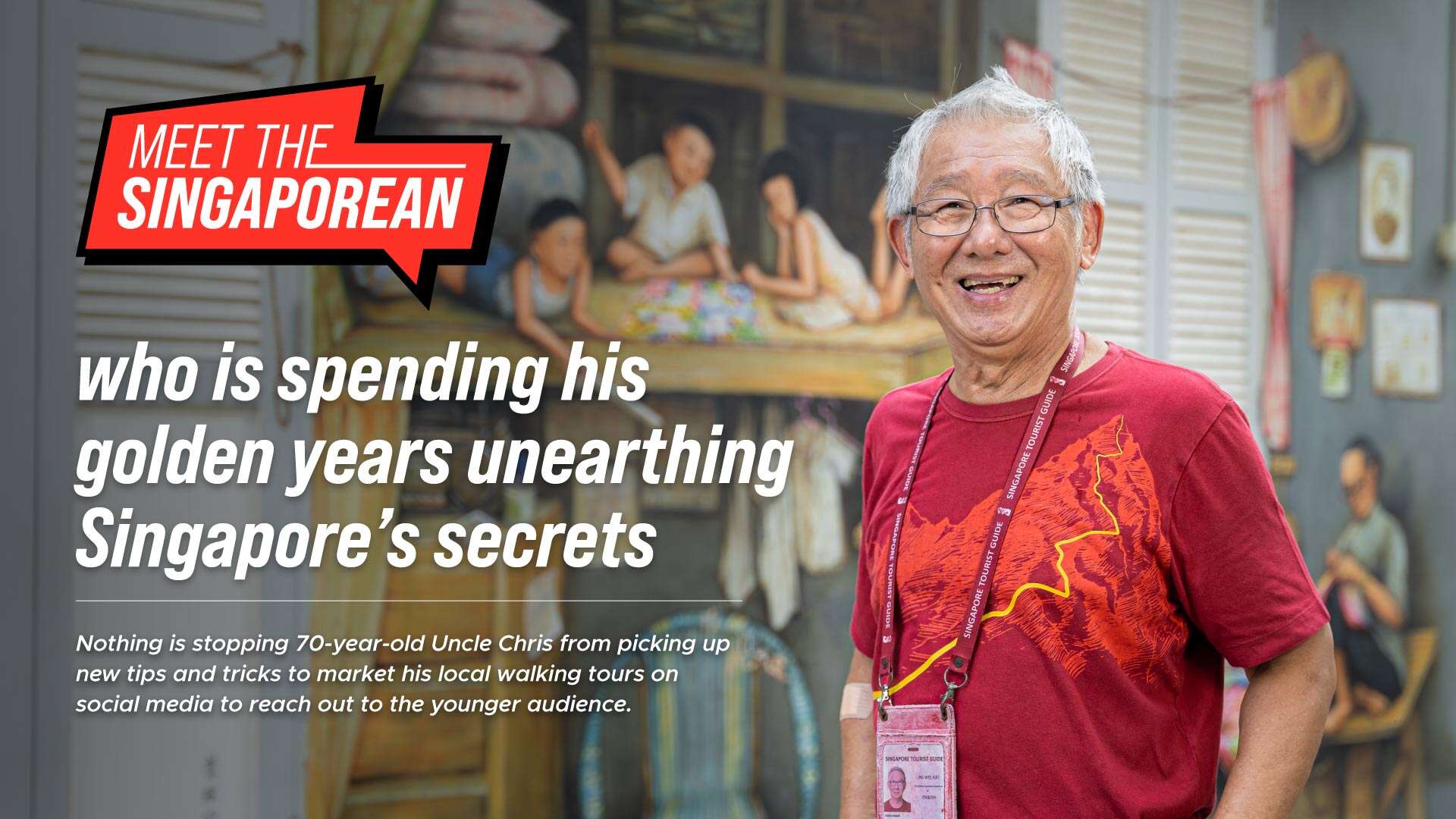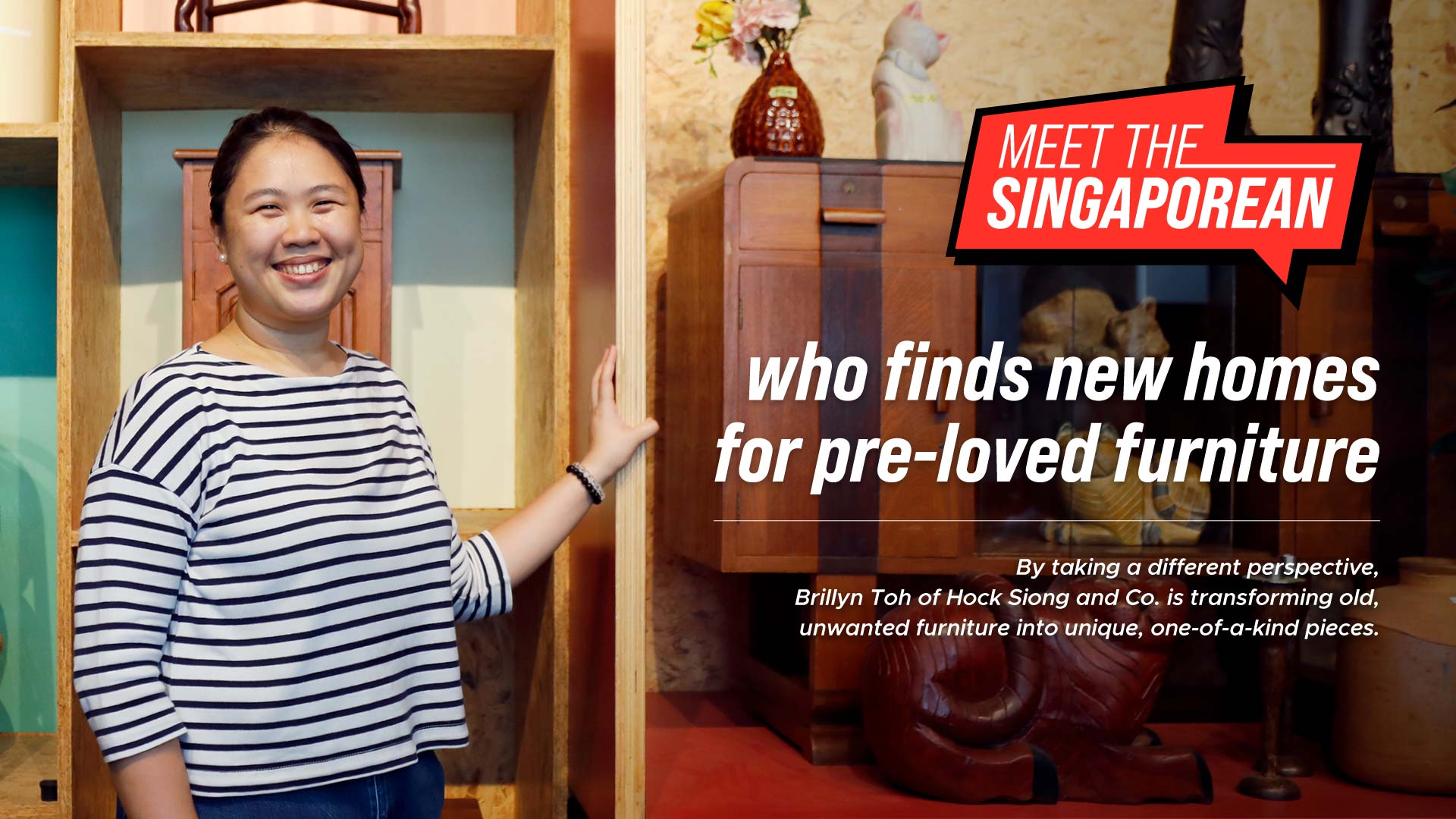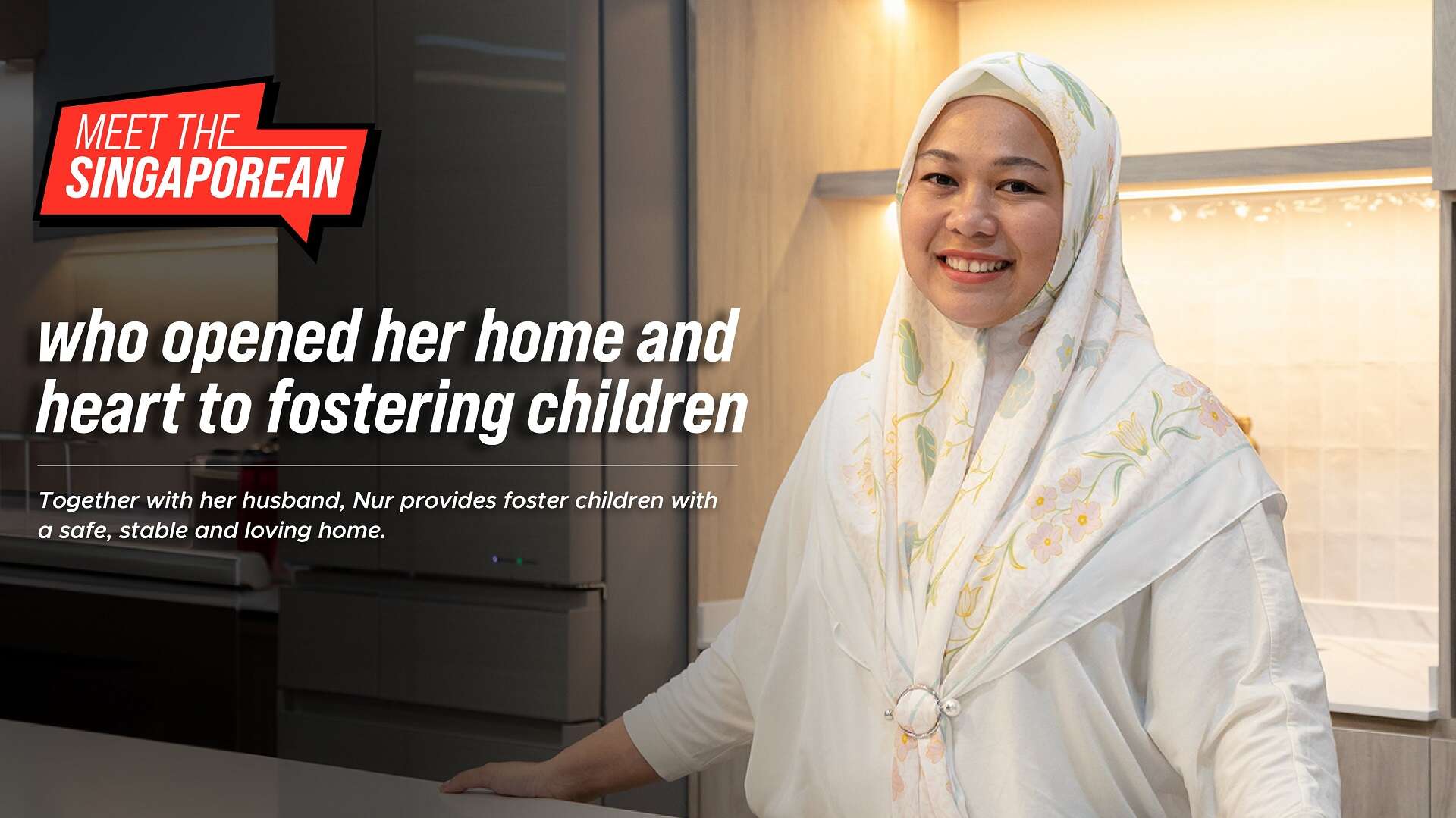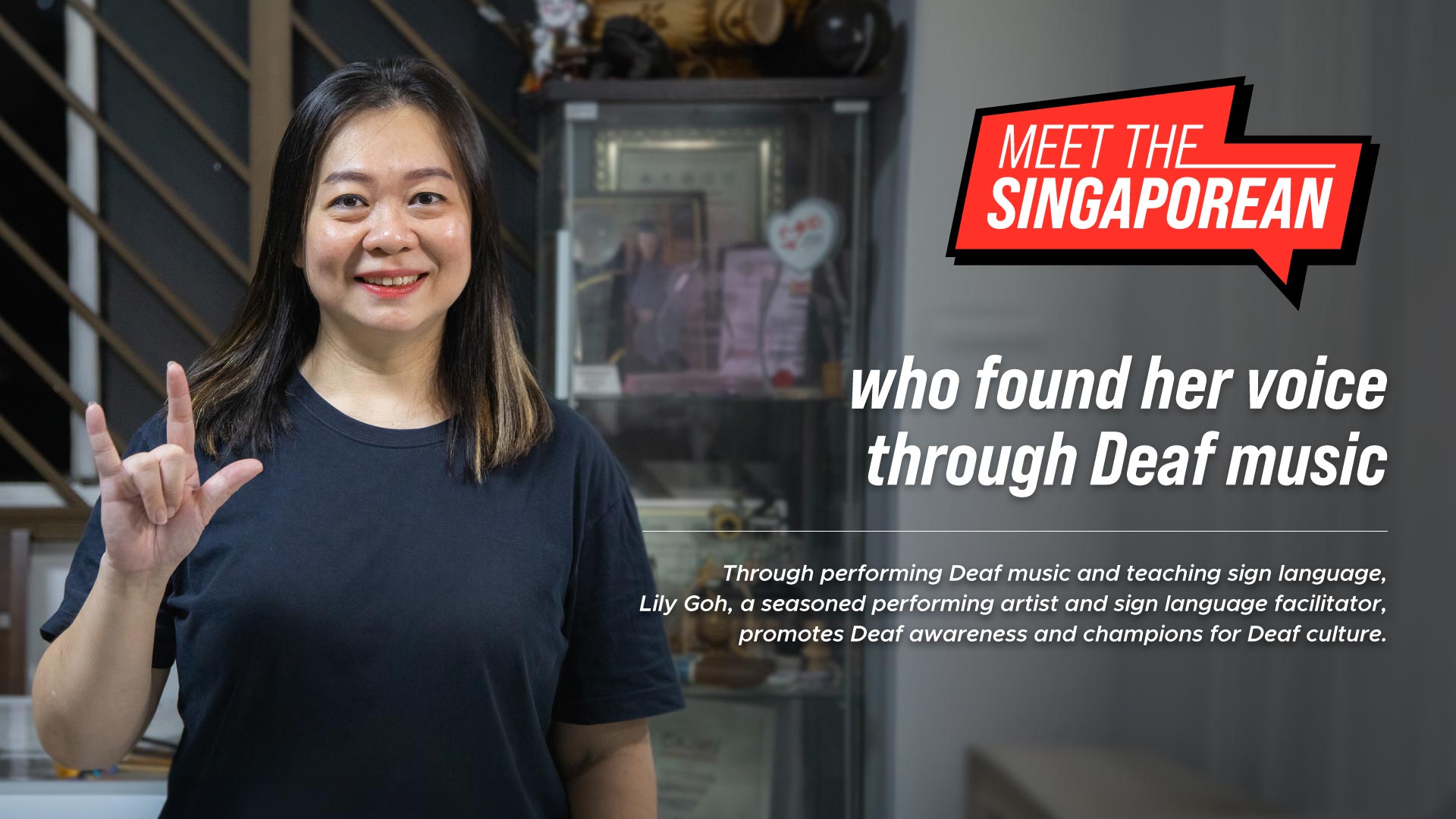
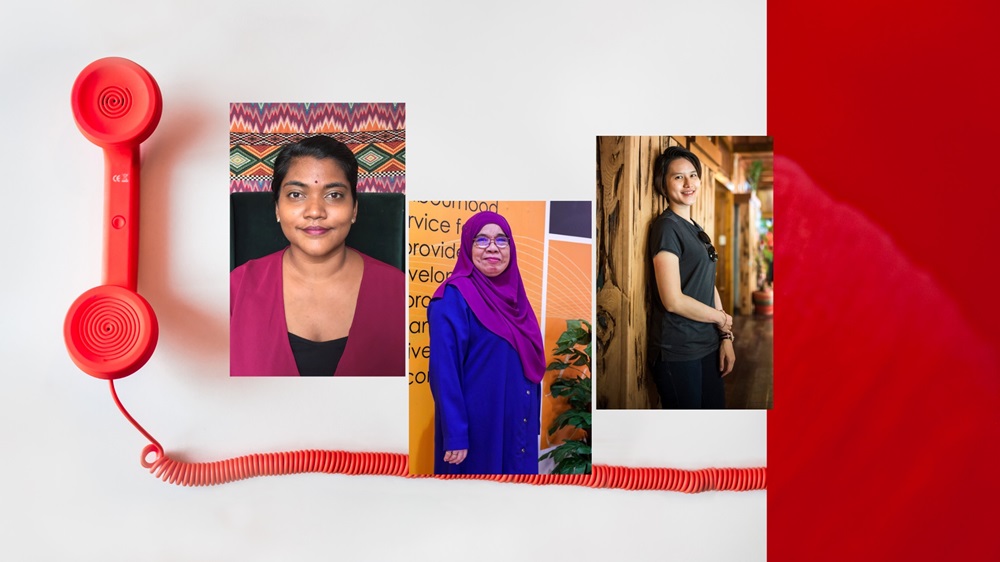
A man who called the National CARE Hotline was highly distressed after getting into an argument with his wife, during Singapore’s circuit breaker period.
“He was initially crying and shouting,” said Lavanya Sugumar, one of the hotline’s volunteer counsellors.
“After talking to him for about 20 minutes, he calmed down and we were able to discuss some strategies he could try to cope better with the marital difficulties he faced at home,” said Lavanya, who is a Clinical Psychologist in the Clinical and Forensic Psychology Service at the Ministry of Social and Family Development.
Her advice to him included creating personal space for himself at home, deep breathing, and staying connected to friends and other family members.
She also told him where he could seek longer-term marital counselling support.
“At the end, he was thankful for the support and was surprised that the National CARE Hotline was available 24/7!” shared Lavanya.
Lavanya is one of many mental health professionals who signed up to man the CARE Hotline.
Feeling stressed or sad about their job losses, financial hardship, quarrels at home are some of the reasons why people call the National CARE Hotline.
Over 40 percent of the call volumes are managed by these volunteers, while the other calls were diverted to channels that may better suit their needs.
Said Rokiah Samsudin, who works as a counsellor at the PPIS Family Service Centre (West): “I see my role as complementing the work done by medical health professionals in addressing the impact of COVID-19.”
“Working” for CARE
Many like Rokiah heard about the call for volunteers via their colleagues, bosses, professional counselling organisations they belong to, like the Singapore Psychological Society, or from their friends in the same industry.
They first go through an orientation and briefing.
Then they volunteer for eight-hour shifts in timeslots of their choice. Said Rokiah, “I chose slots that are on the weekends and on public holidays so as not to disrupt my daily work.”
During the shift, calls are routed to their personal mobile phones.
Said Yong Xiang Yi, a psychologist in private practice, “I ensure that I am taking the call in a private space so that the duty is not interrupted and the call is not overheard by others.”
But the volunteers are not taking the call alone.
They are also part of a group chat of about four to eight volunteers set up for the shift. This group chat allows them to check in with one other and receive guidance from supervisors on how best to help a caller, without disclosing the caller’s identity, unless necessary. This is especially relevant if they have to refer the caller to another agency for, say, longer-term help or financial assistance.
The key challenge they face in helping people over the phone is that the voice is the only medium of communication, with no visual or body language cues.
Said Rokiah: “Counselling support extended via the telephone is very different from my clinical sessions which are face-to-face interactions. Hence, active listening skills are very important to gauge the caller's response.”
As the call is one-off, it also does not allow for in-depth psychological assessments or longer-term therapy. It is very much about the counsellor being present for the caller in the here and now.
Said Lavanya, “However, the soft-skills needed for both areas are largely the same such as empathy, attending and listening skills.”
A Listening Ear and Emotional Support
The callers may not have psychological issues at the clinical level. Therefore, what the volunteers do for every caller is to administer “psychological first aid”: They provide a listening ear, emotional support, give them advice or coping tips, and refer callers who may have deeper issues to agencies, which can better help them.
Said Xiang Yi, “Volunteering with the National CARE Hotline has enriched me in my professional life as it stretches the growth of my clinical skill in listening reflectively when the caller is not visible, making sound decisions in responding to distress.”
“Some of the most satisfying moments are when I am able to provide the caller with the help that he or she needs,” said Lavanya. This includes letting callers know where they can go to get the help they need, including in areas like financial assistance.
But it is also the sense of community, of working with strangers toward a common goal, which is deeply rewarding.
Said Xiang Yi: “Although we are in separate spaces and different locations, it is heart-warming to receive the guidance and support from the dedicated supervisors, the helpful assistance and uplifting encouragement from the kind colleagues, and the steadfast response from the other caring agencies to our referrals.”
We use cookies to tailor your browsing experience. By continuing to use Gov.sg, you accept our use of cookies. To decline cookies at any time, you may adjust your browser settings. Find out more about your cookie preferences here .











